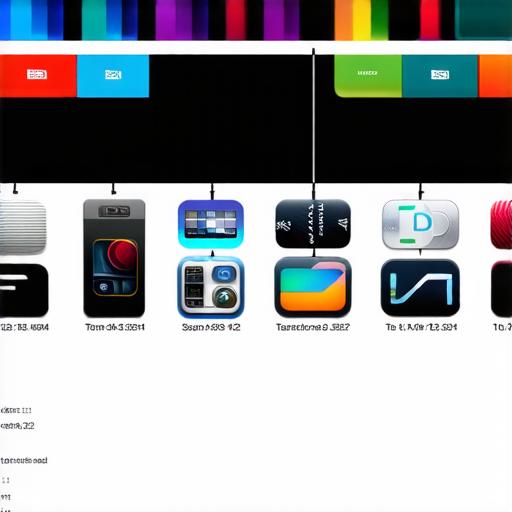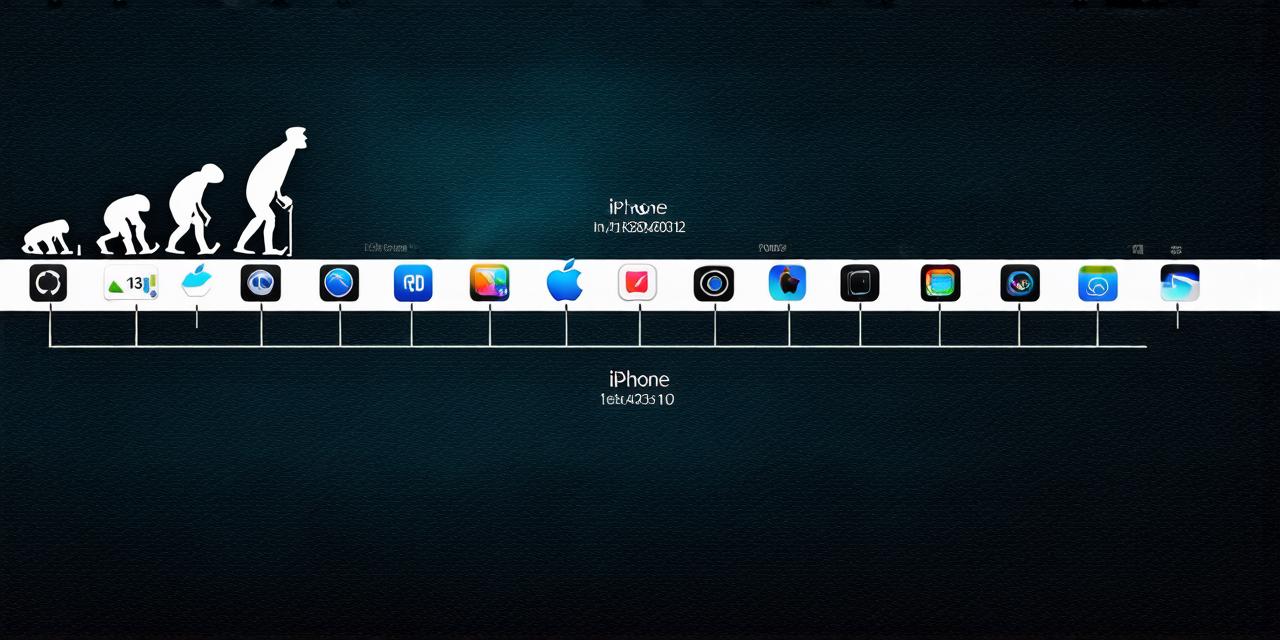Introduction
iOS is Apple’s mobile operating system, which powers a wide range of smartphones and tablets. Since its launch in 2007, iOS has undergone numerous updates and changes, and today it is one of the most popular mobile operating systems in the world. But when does Apple release new versions of iOS, and what can you expect from them? In this article, we will explore the release schedule for iOS, as well as the key features and improvements that you can expect with each update.
Release Schedule for iOS
Apple typically releases new versions of iOS in the fall of the year, with the most recent version (iOS 16) released on September 16, 2022. However, there have been some exceptions to this rule in the past. For example, iOS 9 was released in June 2015, and iOS 13 was released in September 2019.
It’s important to note that not all devices receive new versions of iOS on the same day. Instead, Apple releases these updates to a subset of devices first, with broader availability coming later. For example, iOS 16 was initially available to developers and public beta testers on September 14, 2022, and it became widely available on September 16, 2022.
Key Features and Improvements in Each Update
Each version of iOS brings with it a range of new features and improvements. Here are some of the key changes that you can expect with each update:
iOS 16 (September 2022)
iOS 16 was released on September 16, 2022, and it brought with it a range of new features and improvements. Some of the key changes include:
- New lock screen widgets and customization options
- Improved notifications, including new types of notifications and more control over how they are delivered
- Enhanced privacy settings, including the ability to hide your IP address and more control over which apps can access your location data
- Improved performance and stability, with faster app launch times and improved battery life
iOS 15 (September 2021)
iOS 15 was released on September 14, 2021, and it brought with it a range of new features and improvements. Some of the key changes include:
- Improved privacy settings, including the ability to hide your IP address and more control over which apps can access your location data
- Enhanced app library, making it easier to find and organize your apps
- New face recognition options for unlocking your device
- Improved Siri functionality, with better natural language processing and more personalized responses
iOS 14 (September 2020)
iOS 14 was released on September 16, 2020, and it brought with it a range of new features and improvements. Some of the key changes include:

- App Library, which makes it easier to organize your apps into categories
- New widgets for the home screen, including a Calendar widget and a weather widget
- Picture in Picture mode, which allows you to watch videos or use other apps while still being able to interact with the app that is currently open
- Improved privacy settings, including the ability to control
